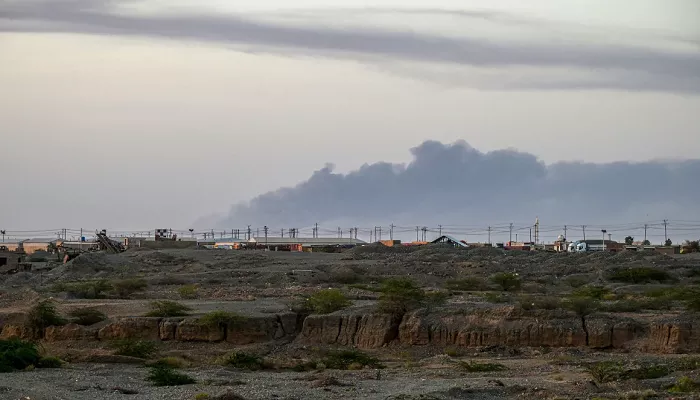Sudan’s paramilitary Rapid Support Forces (RSF) carried out a drone strike on a military air base and nearby facilities close to Port Sudan Airport, according to a Sudanese army spokesperson on Sunday. This marks the RSF’s first known attack on the eastern city of Port Sudan.
The army said there were no casualties in the strike. The RSF has not issued a statement regarding the incident.
For several months, the RSF has been targeting power stations in areas controlled by the Sudanese army in central and northern regions of the country. These earlier attacks caused little damage and few casualties.
However, the drone strike on Port Sudan signals a significant shift in the ongoing two-year conflict between the army and the RSF. Until now, the eastern region—including Port Sudan—had been spared from direct attacks. The city is home to many people displaced by the war and has been considered one of the safest places in the country.
Following the attack, the army increased its security presence around important sites in the city. It also closed roads leading to the presidential palace and army headquarters.
Port Sudan is a critical location for the country. It contains the main airport, the army’s command center, and Sudan’s largest seaport. Its safety had made it a key hub for humanitarian operations and government functions.
In March, the Sudanese army forced the RSF out of its last positions in the capital, Khartoum. However, the RSF still holds parts of Omdurman, across the Nile River, and has strengthened its control in western Sudan. The country is now divided into regions controlled by either the army or the RSF.
Since the war began in April 2023, it has sparked deadly ethnic violence and created what the United Nations calls the world’s worst humanitarian crisis. Large parts of the population are now facing famine, and millions have fled their homes.
The conflict began as a power struggle between Sudan’s army and the RSF just before a planned transition to civilian government. It has devastated Khartoum, displaced over 12 million people, and pushed about half of Sudan’s 50 million citizens into acute hunger.
Though the total death toll remains unclear, one study estimated that around 61,000 people may have died in Khartoum state alone during the first 14 months of the war.


